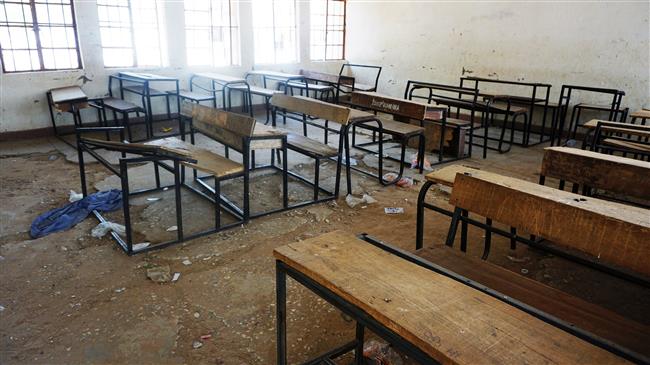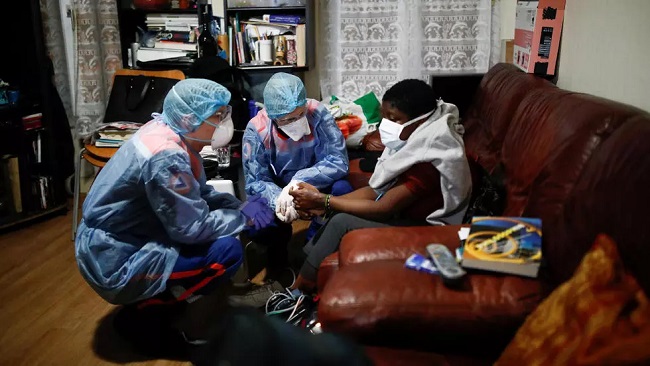15, October 2020
Southern Cameroons Crisis: 10 Teachers Abducted in Mezam County 0
10 teachers were abducted in the Northern zone of Ambazonia on the same day that classes reportedly resumed in both French and Southern Cameroons.
A report released by the teachers association said Seydou Mbangyah, headmaster of Baba1 Bilingual High School in Ngoketunjia, Chayi Sungha of GBHS Baba1, Ntam Yuh,a teacher at the Bambui high school in the Mezam were among the ten forcefully removed from the respective schools and taken to an unknown destination.
The French Cameroun civil administrators in the area have maintained a kind of deliberate silence on the subject as Ambazonia Restoration Forces continue to impose a boycott of schools in Southern Cameroons.
For their part, Cameroon government army soldiers have burned down school buildings, assaulted and rape students and teachers.
The attacks on schools, students and teachers have had a devastating impact on education. According to figures from the United Nations Children’s Fund (UNICEF), up to the last school year, 4,400 schools were closed in Southern Cameroons and more than 600,000 children are being deprived of education because of the security climate.
By Fon Lawrence in Bamenda

























15, October 2020
Cameroonians Neglect Covid-19 Safety Precautions 0
Residents of major cities in Cameroon have not been serious with social distancing measures and wearing of face masks.
Despite efforts by the government to prevent Covid-19 hugging, handshaking and the belief that the disease has not yet arrived Cameroon is the main talk on the streets.
The non respect of social distancing can be observed in markets; streets and parks.
“There are a bunch of Cameroonians from the start of this who thought that corona was a hoax. And many of them have never won a mask even for once. And till date they say that naturally an African is built to kill viruses. So they believe that their systems can even kill the viruses if it exists”, Wain George Muam, a concerned Cameroonian, told Africanews.
The Cameroon government has been conducting mobile Covid-19 screening in various cities across the country. The virus keeps circulating despite the high rate of healing in Cameroon.
Track, Test and Treat
Mobile screening is part of the governments’ (Track, Test and Treat) strategy. Few months back rapid test kits were made available making it possible to carry out more tests.
Cameroon’s Public Health Emergency Research Centre is aware of the negligence among the population.
“The community has realized that we have a high rate of healing as you mentioned. We have a very small number of people dying. And therefore they are relaxed because they no longer fear as it was the case when we were in early March” alerts Prof Yap Boum, the deputy head of the centre.
Daily Press briefings are organised by the Covid-19 coordination centre to keep Cameroonians updated on the evolution of the disease and the need to respect barrier measures.
“But what we are doing is actually trying to understand what is happening, and to achieve that we do what we call a cap survey. So we go to the field, we talk to the community and we try to understand what is their real understanding of the disease and where they are getting their information. And then that helps us now to go back and to reinforce the sensitization”, Prof Yap Boum added.
With a recovery rate of 94.9% and a fatality rate of around 2% public health officials in Cameroon satisfied with the results so far, keep calling for extra vigilance.
It is not yet clear why the healing rate remains high among those suffering from the Covid-19 in Cameroon. Scientists are investigating if this is linked to a boosted immunity, numerous tropical diseases or the youthful nature of the population.
Source: Africa News